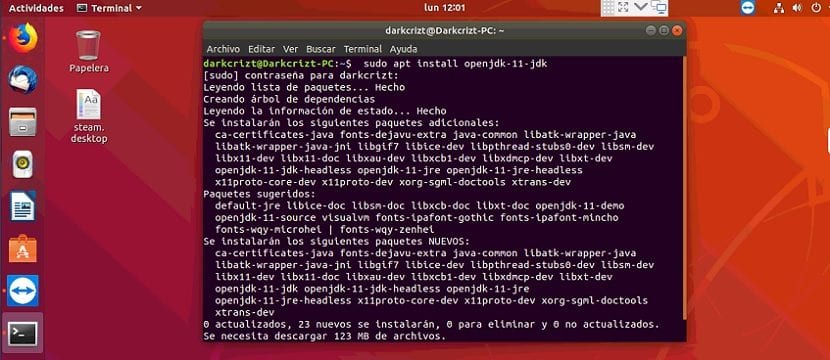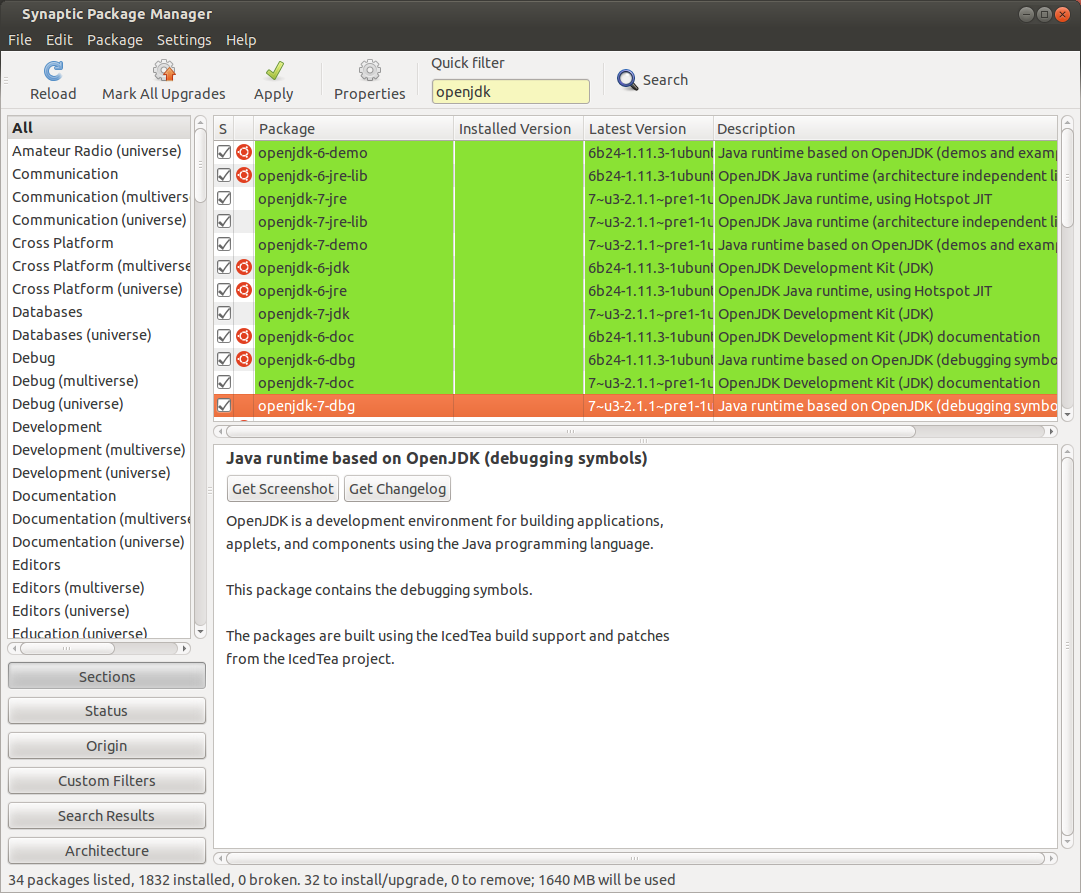

You should now have a working installation of OpenJDK 11 and/or OpenJDK 8 on your Raspberry Pi. This tutorial showed you the necessary steps to install Java 8 and Java 11 on a Raspberry Pi. To uninstall Java 11 on your Raspberry Pi system, run the following command: sudo apt remove default-jdk Press Y and hit Enter to confirm and wait for the process to complete. To uninstall Java 8 on your Raspberry Pi system, run the following command: sudo apt remove openjdk-8-jdk You can also uninstall Java on Rasperry Pi using apt. Uninstall Java on Raspberry Piīy following this guide, you have installed Java 8 and/or Java 11 using the apt package manager. To configure the path environment variable for a single user, insert the line in the. Anything defined in the file will affect every user on the system. Note: The /etc/environment file is a system-wide configuration file. The output should return the JAVA_HOME path defined in the /etc/environment file. Verify the changes by running the following command: echo $JAVA_HOME Now reboot your system for the changes to take effect: sudo rebootĦ. Save the file and exit the text editor.ĥ. Add the following to the file: JAVA_HOME="path_of_your_default_version_of_java"įor example, for OpenJDK 8, you should insert: JAVA_HOME="/usr/lib/jvm/java-8-openjdk-armhf/jre/bin/java"Ĥ. Next, edit the /etc/environment file: sudo nano /etc/environmentģ. OpenJDK 8 path – /usr/lib/jvm/java-8-openjdk-armhf/jre/bin/javaĢ.OpenJDK 11 path – /usr/lib/jvm/java-11-openjdk-armhf/bin/java.On any Raspberry Pi system, the default locations are usually: Start by finding the location of your default Java instance: sudo update-alternatives -config java If not configured, you may receive a “ no JDK found” error.ġ.

Note: Applications compiled in Java (e.g., Apache Tomcat) use the JAVA_HOME path environment variable to access your Java’s installation path. In a terminal window, enter the following: sudo apt update

The default Raspbian repositories have a fully-updated and compatible version of OpenJDK.ġ. Raspberry Pi’s system architecture is ARM-based so many packages aren’t compatible. It is recommended that you install all packages from the default Raspbian software repositories. Raspbian is based on Debian, so terminal commands to install Java will use the aptpackage manager. LTS: Long-Term Support (major software versions intended for long-term use)īy default, Raspberry Pi uses the Raspbian operating system.JDK: Java Development Kit (for writing and running Java applications).JRE: Java Runtime Environment (for running Java applications).SE: Standard Edition (usually for Oracle Java).While browsing different Java versions, you may see different abbreviations: Oracle Java versions require an account to download, and most are not compatible with Raspberry Pi. Important: This guide will help you install the free, open-source OpenJDK version.


 0 kommentar(er)
0 kommentar(er)
